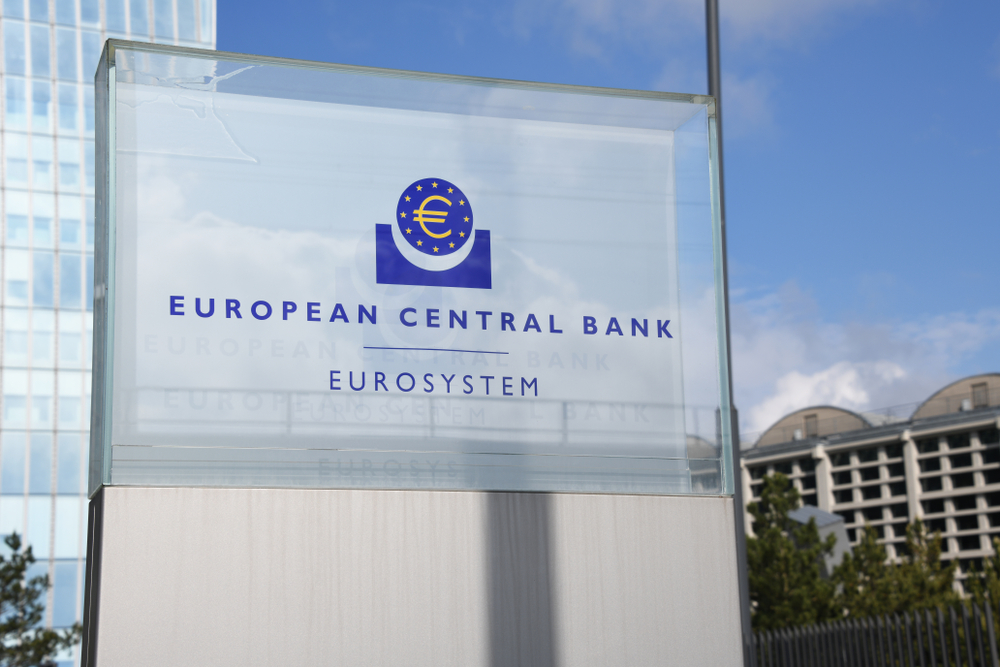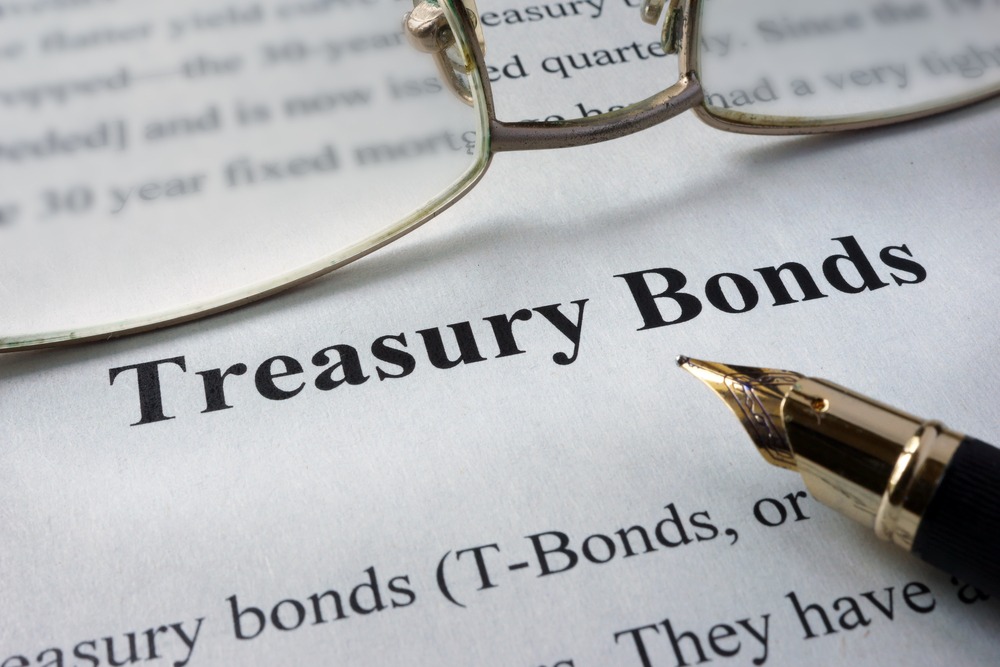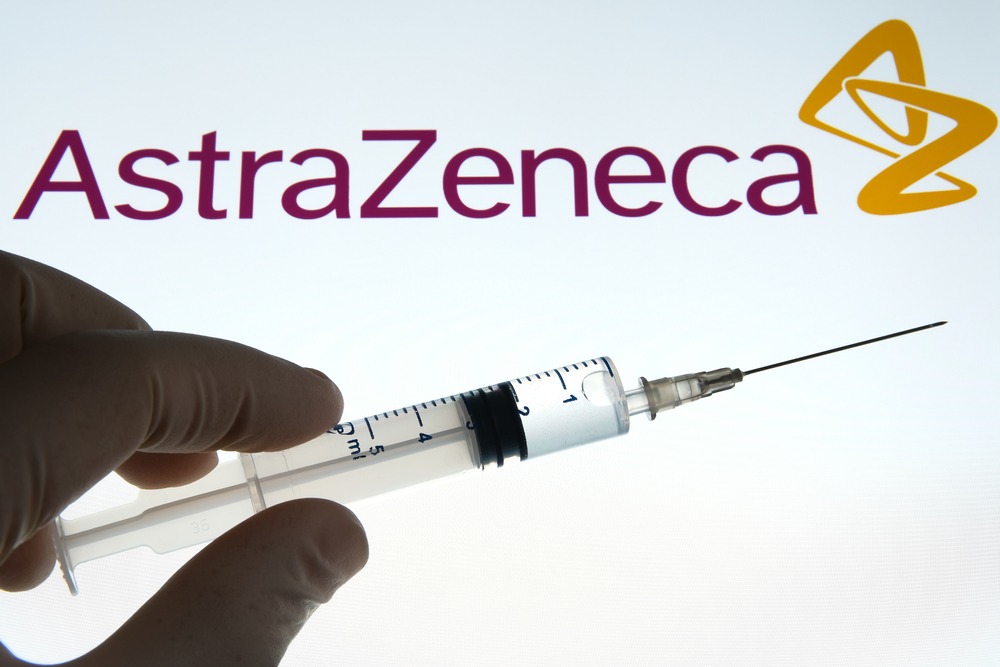The European Central Bank unveiled its emergency purchase program nearly a year ago to help the euro-area economy. This central bank’s program will weather the shock from the Covid-19 crisis, saying it will continue net buying until at least March 2022.
A global bond rout is pushing up yields and threatening to derail the region’s recovery. Many economists expect the ECB will use the flexibility of the 1.85 trillion-euro ($2.21 trillion) tool to put a cap on recent increases.
The ECB’s emergency response to the COVID pandemic is facing another challenge at Germany’s top court. This is from a group of 16 business people and academics.
Markus Kerber, a Berlin finance professor said that the central bank’s Pandemic Emergency Purchase Program is a “blatant case of government financing. Kerber leads the group in the legal attack.
The lawsuit targets both the government and parliament over their alleged failure to oppose the program (PEPP)
According to a spokesman for the Federal Constitutional Court in Karlsruhe, the suit was filed on March 8.
Last year, Germany’s constitutional court ruled that the ECB is violating European law with its QE asset-purchase program. The bank was given three months by the judges at the time to justify the pros and cons of its policies.
The argument between Kerber and his fellow claimants was about ECB’s PEPP failure to meet the test the court set up in their QE ruling. The judges said that such a program must adopt limits on purchases.
Moreover, it must have minimum credit ratings for bonds to be acquired and observe a binding rule. This is to allocate purchases according to the capital key.
The right-wing Alternative for Germany already sued in 2020 to stop the country’s participation in the PEPP. It considers it as going beyond the ECB’s mandate.
Any ruling on PEPP would likely come only after the end of the coronavirus pandemic. This is based on the QE case, which took five years.
ECB Likely to Signal Faster Money Printing
Meanwhile, on Thursday, the ECB is likely to signal faster money printing to keep a lid on borrowing costs. However, stop short of adding firepower to its already aggressive pandemic-fighting package.
ECB policymakers’ Thursday meeting will be keen on calming markets. It will be particular in recommitting to rock-bottom rates until well into the recovery. They fear that a steady rise in borrowing costs could derail the bloc’s recovery.
But for ECB chief Christine Lagarde, converting that commitment into specific policy action will be a delicate balancing act.
The euro zone’s central bank cannot appear to micro-manage bond yields. That would tie its hands in the future. Moreover, invite accusations that it is shielding governments from market forces.
It will also be keen not to overstate the rise in yields, which by most standards are still low.













